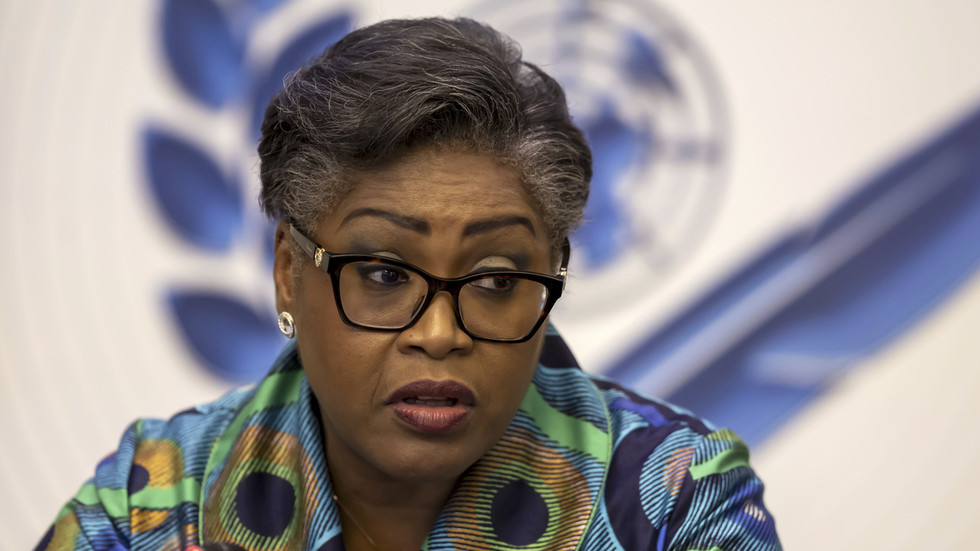Unraveling the Tragedy: The Human Cost of the DR Congo Conflict
The ongoing conflict in the Democratic Republic of Congo (DRC) has been marked by a staggering loss of life and human suffering. Recent reports suggest that over 7,000 individuals have tragically perished due to the violence and instability that plague the region. This article delves into the complexities of the DRC conflict, exploring its underlying causes, the profound human cost, and the urgent need for international attention and intervention.
Understanding the Roots of the Conflict
The roots of the DRC conflict are deeply embedded in its colonial past and the subsequent struggle for independence. Following decades of exploitation under Belgian rule, the DRC gained independence in 1960, only to experience political turmoil and dictatorship. The assassination of Prime Minister Patrice Lumumba and the rise of Mobutu Sese Seko led to a legacy of corruption and mismanagement that still haunts the nation today.
In the late 1990s, the Rwandan Genocide spilled over into the DRC, igniting a series of conflicts known as the First and Second Congo Wars. These wars drew in multiple African nations and resulted in millions of deaths, making the DRC one of the deadliest conflicts since World War II. To this day, various armed groups continue to vie for control over the country’s rich natural resources, perpetuating violence and instability.
The Human Cost of the Conflict
The human cost of the DRC conflict is staggering. The United Nations reports that millions have died as a result of the violence, disease, and starvation exacerbated by the ongoing warfare. Recent data highlights that more than 7,000 people have lost their lives in the latest escalation of violence, a grim reminder of the conflict’s toll. However, the numbers are not just statistics; they represent families torn apart, communities devastated, and lives forever altered.
- Displacement: The conflict has led to the displacement of over 5 million people, forcing them to flee their homes in search of safety. Internally displaced persons (IDPs) often live in overcrowded camps with limited access to food, water, and healthcare.
- Health Crisis: The ongoing violence has severely compromised the healthcare system. Diseases like measles and cholera are rampant, and malnutrition rates are alarmingly high among children.
- Gender-based Violence: Women and girls are disproportionately affected, facing increased risks of sexual violence and exploitation in conflict zones.
The Role of Natural Resources
The DRC is rich in natural resources, including minerals like coltan, gold, and diamonds, which are often at the heart of the conflict. Armed groups frequently exploit these resources to finance their operations, perpetuating a cycle of violence. This phenomenon, often referred to as “resource curse,” highlights how a nation’s wealth can lead to conflict rather than prosperity.
Efforts to regulate the trade of conflict minerals have been made, but challenges remain. International companies often turn a blind eye to the origins of these materials, and local communities continue to suffer the consequences. Without ethical sourcing practices and corporate accountability, the cycle of exploitation will persist.
International Response and Responsibility
International attention to the DRC conflict has been inconsistent. While various organizations, including the United Nations and humanitarian NGOs, have made efforts to provide aid, the response has often been inadequate. A lack of sustained political will from the international community has allowed the conflict to continue unabated.
To effectively address the human cost of the DRC conflict, a multi-faceted approach is necessary:
- Enhanced Humanitarian Aid: Immediate support is vital for IDPs and those affected by the conflict. Increased funding and resources for humanitarian organizations can help alleviate suffering.
- Diplomatic Engagement: International bodies must prioritize diplomatic solutions, fostering dialogue among conflicting parties to reach a ceasefire and ultimately a long-term peace agreement.
- Accountability for Crimes: The international community must hold perpetrators of violence accountable. Establishing a tribunal for war crimes could deter future abuses and promote justice for victims.
Empowering Local Communities
While international intervention is crucial, empowering local communities is equally important. Grassroots organizations and community leaders often have a profound understanding of the issues at hand and can drive sustainable change. Supporting local governance and encouraging community-led initiatives can foster resilience and provide long-term solutions.
Education and economic development also play pivotal roles in breaking the cycle of violence. By investing in education and vocational training, the international community can help create opportunities for youth, steering them away from armed groups and towards constructive paths.
A Glimmer of Hope
Despite the overwhelming challenges, there are glimmers of hope emerging from the DRC. Grassroots movements and local initiatives are gaining traction, advocating for peace and reconciliation. Young activists are increasingly vocal about their desire for change, and their efforts deserve recognition and support.
Moreover, international awareness of the DRC conflict is slowly increasing. Social media campaigns and advocacy groups are shining a light on the situation, rallying support for humanitarian efforts and calling for accountability. As awareness grows, so too does the potential for meaningful change.
Conclusion
The human cost of the DRC conflict is profound and tragic. With over 7,000 lives lost and millions more affected, it is imperative that the international community takes decisive action. By addressing the roots of the conflict, providing humanitarian aid, and empowering local communities, there is hope for a brighter future. The resilience of the Congolese people is remarkable, and with the right support, they can pave the way for a lasting peace. The time for action is now, and it is our collective responsibility to ensure that the tragedy of the DRC conflict does not continue to unfold.
See more CNN Headline


